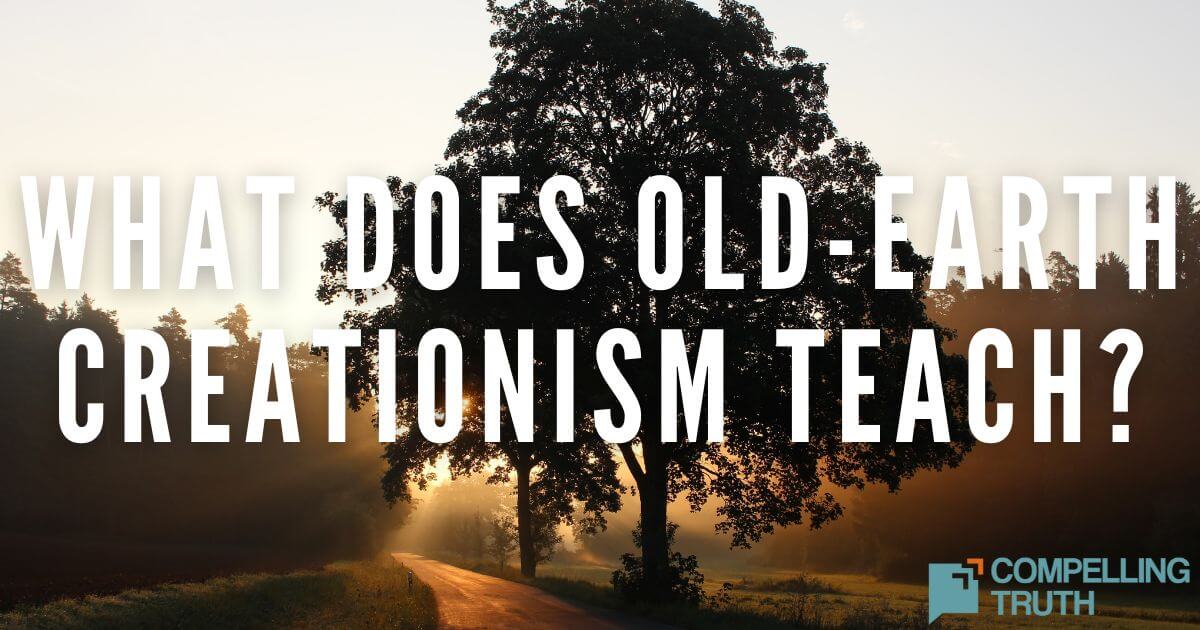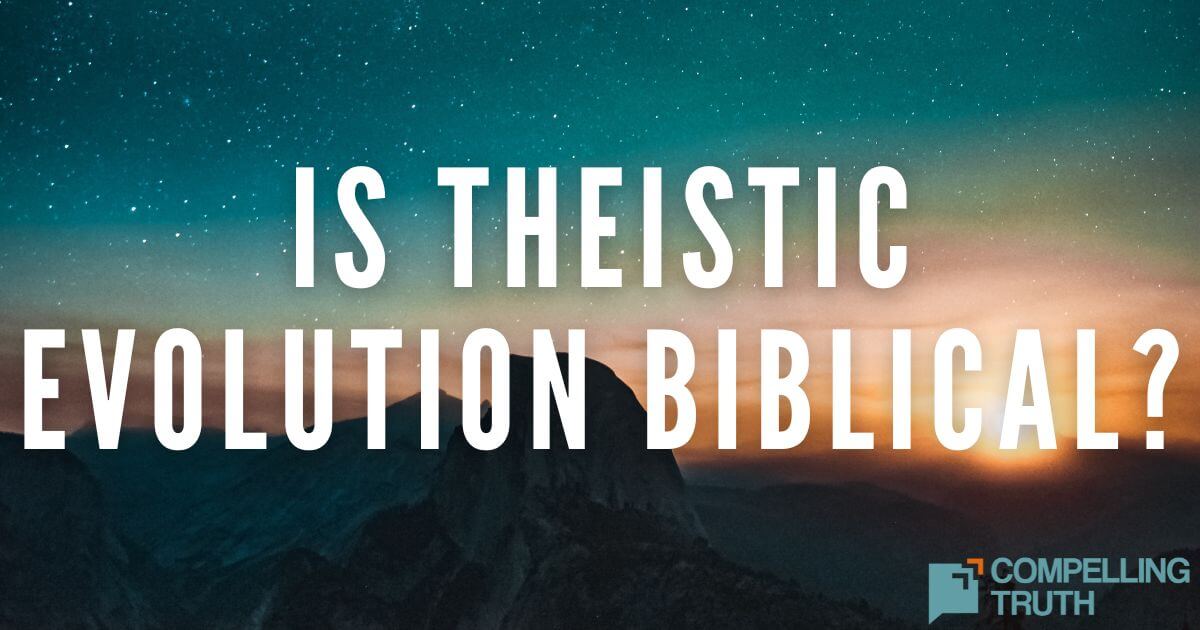God created the earth, but the aim of the Bible is to tell us about God, who He is, what He does, who we are, and how we can have relationship with Him. It does not provide a precise timeline of events or answer every detail about which we might wonder. The Bible provides ways to give an estimate of the age of the earth, but there are many variables that keep us from fully knowing the precise age of the earth. Despite differing views, Christians agree that God is the Creator and that He will one day restore creation with a new heavens and earth.
In modern science, facts about the natural world are best discovered using the scientific method, wherein a hypothesis is tested until it can be proven or disproven. Events that are too small, too far away, or too long ago can only be surmised by analyzing the data at hand. The creation of the earth is, of course, too long past for experimentation. If its development is related to the formation of other planets, stars, etc., distance is added to the mix, making analysis all but impossible. Nevertheless, attempts are made. Generally, modern scientists begin with an assumption that the earth is billions of years old. There are many godly Christians who believe the earth is only thousands of years old and many who believe it is billions of years old.
In the light of the differences of opinion, we must remember that the age of the earth is not a salvation issue nor is it completely conclusive. Therefore, while we must have convictions on this matter, we must also provide grace for those who have differing convictions than us in areas that are not salvific or major. The ways we seek to understand God’s Word and the ways we seek to understand the clues that nature gives us regarding the age of the earth are important.
Regardless of our conviction on the age of the earth, it is evident from the Bible that God is the Creator, that He literally created everything out of nothing, that He created all things good, and that He created a literal Adam and Eve, the firstborn of all humanity. God is intimately involved with His creation and humanity (Psalm 139:13–16; Acts 17:24–28), and one day the age of the earth will not matter, as He will create a new heavens and a new earth, restoring all that sin has destroyed (Isaiah 65:17; Revelation 21:1–5).




